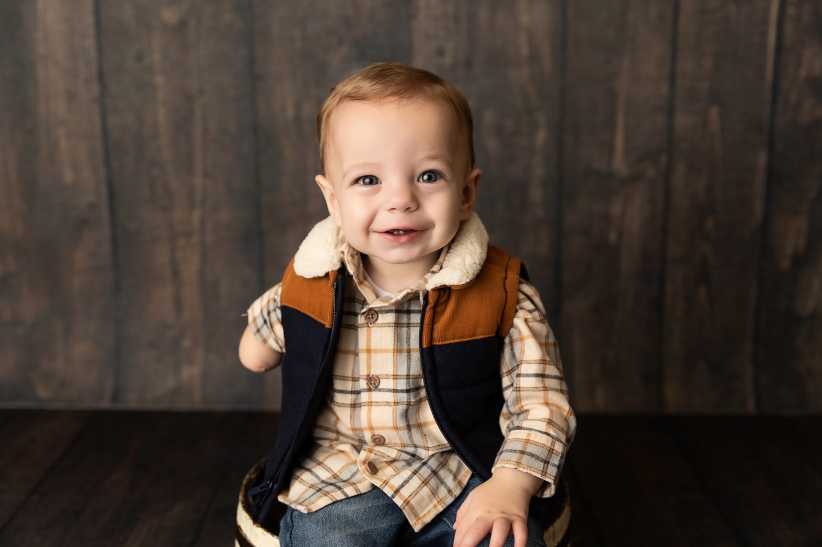Lately, we are seeing a lot more attention in the media being paid to the prevalence of autism. Those who are not affected by autism may skim through the news, recent findings, and fresh research that is available to the autism community, thinking, “What are the chances that I or a loved one will actually be affected by this?” Sadly, the answer to this question is given to us with every autism ad, commercial, statistic, book, article, etc.: “ONE IN 150 CHILDREN,” or “ONE OUT OF 70 BOYS.”
So, when a family is given the news, “Your child is on the autism spectrum,” what are the chances that this family will be given this news twice? When exactly does a family have to be cautious of having more children?
My first son was diagnosed with Pervasive Developmental Disorder – Not Otherwise Specified at the age of 2. Like many families who are given this diagnosis, our son went through a stage of alarming regression in which his speech, along with his social skills, drastically weakened.
Unlike with other families, my son, at the age of 2, already had a baby brother who was 8 months old. Truth be told, my 2-year-old should have been diagnosed months prior to his second birthday. I cannot say my husband and I were in denial, because we did not even know what autism was, or that our son truly had a problem at all. Along with comments from friends and family who constantly said, “well, boys develop slower than girls,” or “just give him time,” we simply thought he was going through a phase, and had put off his evaluation for almost three months.
Battling with the idea that something may in fact be wrong with him, we completely ignored the alarming delay his baby brother exhibited. How could we have been so blind? We had a son who had developed typically up until his regression, with which to compare our youngest, and still, we had not addressed the fact that our second born was completely in his own world.
At this point, denial had set in. There couldn’t possibly be two of them in the family … could there? During our youngest son’s evaluation, I felt my heart drop as I answered the psychotherapist’s questions: No, he never looks at us when we speak to him. No, he does not express his needs/wants. No, he does not like to play with us or his brother. Yes, he does rock back and forth and flap his arms…
There we were, faced with two boys, both diagnosed with autism. In as little time as it took for these professionals to observe my boys and come to their conclusions, my dreams for them had been taken from me.
What kind of school will they end up in? Will they have girlfriends? Be married? Be able to work? Will they be dependent of me their entire lives?
Suddenly, I looked at them differently; as though I hardly ever knew them to be my own.I didn’t know how to speak to them, how to relate to their needs.
Were they even listening to me? Did they love me? Do they even know who I am?
I did my share of research, and slowly, I began to accept the fact that I was given these two boys for a reason. As I read about other families, I also began to accept the fact that there was hope for my sons through the intense early intervention they were receiving. I went from a dark place in which I hardly knew my own children to a place where I felt comfortable knowing I would do everything in my power to help them develop and become all that I had hoped they would be on the day they were born.
To this day, three years after my sons were diagnosed, I have devoted my life to their development and the well-being of all who suffer from autism. My boys are strong, each in their own way, and they have encouraged me to be the same. Today, I study not only for their future, but also for the future of all the children who are, and will, be part of this prevalence. I see the changes that intense intervention and — most importantly — love, has made on my boys, and it gives me nothing but hope for their futures. Every day is a battle, but slowly, I am rebuilding those dreams that were once knocked down by a diagnosis.




















